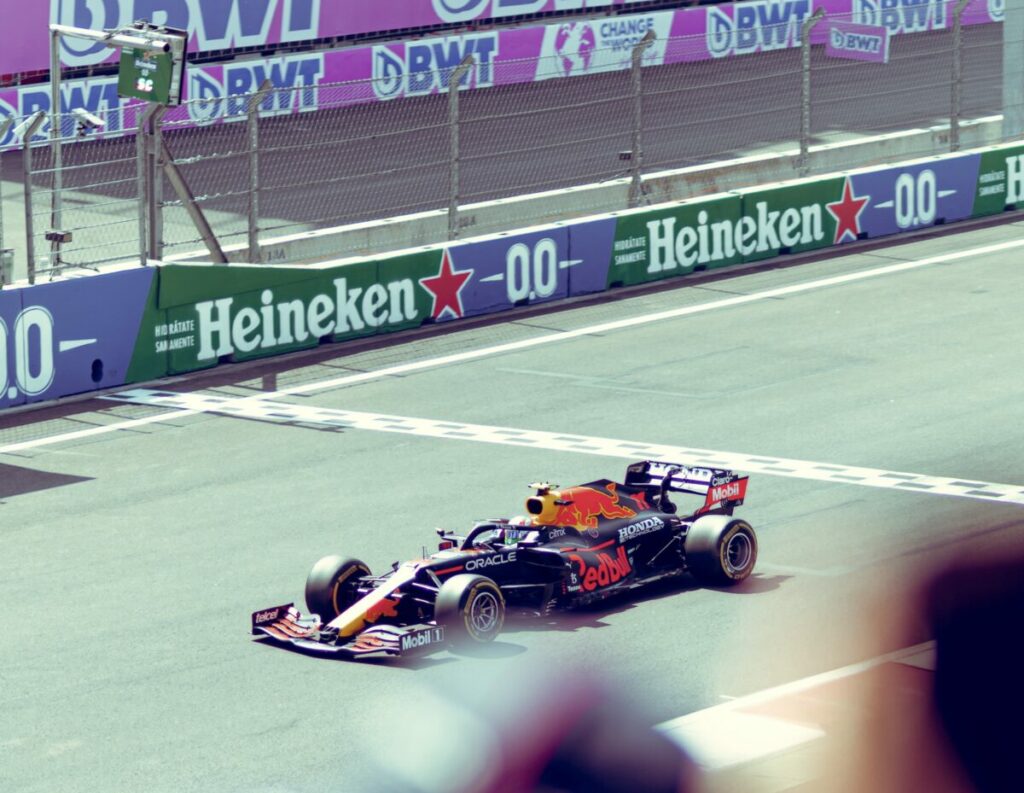
Despite being one of the few sports in the world in which men and women can compete side-by-side, no woman has raced in Formula 1 – the highest level of motorsport – in nearly 50 years.
Former F1 driver David Coulthard is looking to change that with his new driver development program, More than Equal. Geared specifically toward women, the program was designed to scout and bolster female talent in motorsports, in hopes of building a roster of female F1 stars (there have only been five in history.)
Coulthard, a 13-time Grand Prix winner, said in a statement that the initiative was inspired by his late younger sister, who showed karting talent at a young age. “When I began to achieve a degree of success, all the family’s support went on me and she was not given the same opportunity as a consequence, yet I knew that she was just as good as me if not better,” he said.
The creation of the program included a rigorous research process consisting of one-on-one interviews with over 70 experts and a global attitude survey of 13,000 fans from 147 countries. More than Equal published its findings in a report.
“What this report makes clear is that female drivers face a range of challenges and barriers that extend beyond those faced by their male counterparts,” Coulthard said.
The last woman to race in Formula 1 was Lella Lombardi in 1976. She was also the only woman to ever win points in Formula 1.
One of the most prominent barriers preventing female drivers from achieving the same success as men is sparse financial backing, as a very small number of investors and sponsors are willing to take a chance on female drivers earlier in their careers, halting their progress at crucial periods.
Another barrier is a lack of research into potential “mechanical challenges” such as gender design biases in equipment. This often shows up in vehicle design, as cars are typically designed with men’s bodies in mind.
Additionally, women drivers and fans reported sometimes finding the F1 culture unwelcoming or inappropriate. A leading female driver told researchers, “Looking back, especially when I was younger, the environment wasn’t one that as a girl I was particularly comfortable to be in.”
These challenges, paired with numerous others, have resulted in what the organization calls a “gender performance gap” which makes it difficult for women drivers to excel, therefore discouraging them from participating in the sport. Currently, women drivers make up only 10 percent of drivers across all categories of competition. They also drop out much earlier than their male counterparts, with women’s careers lasting on average between one and five years, compared to over 12 years for men.
Chosen More than Equal participants will undergo a holistic training program focused on driving skills, fitness and personal growth. The program was designed in partnership with major companies like MPA Commercial, IRIS Sport, Smedley Group and Motorsport.com.
Coulthard’s co-founder, businessman Karel Komarek, said in a statement that they founded the program “to ensure that we can celebrate elite racing successes by female drivers sooner rather than later.”
Applications for the inaugural 2024 cohort are now open.



